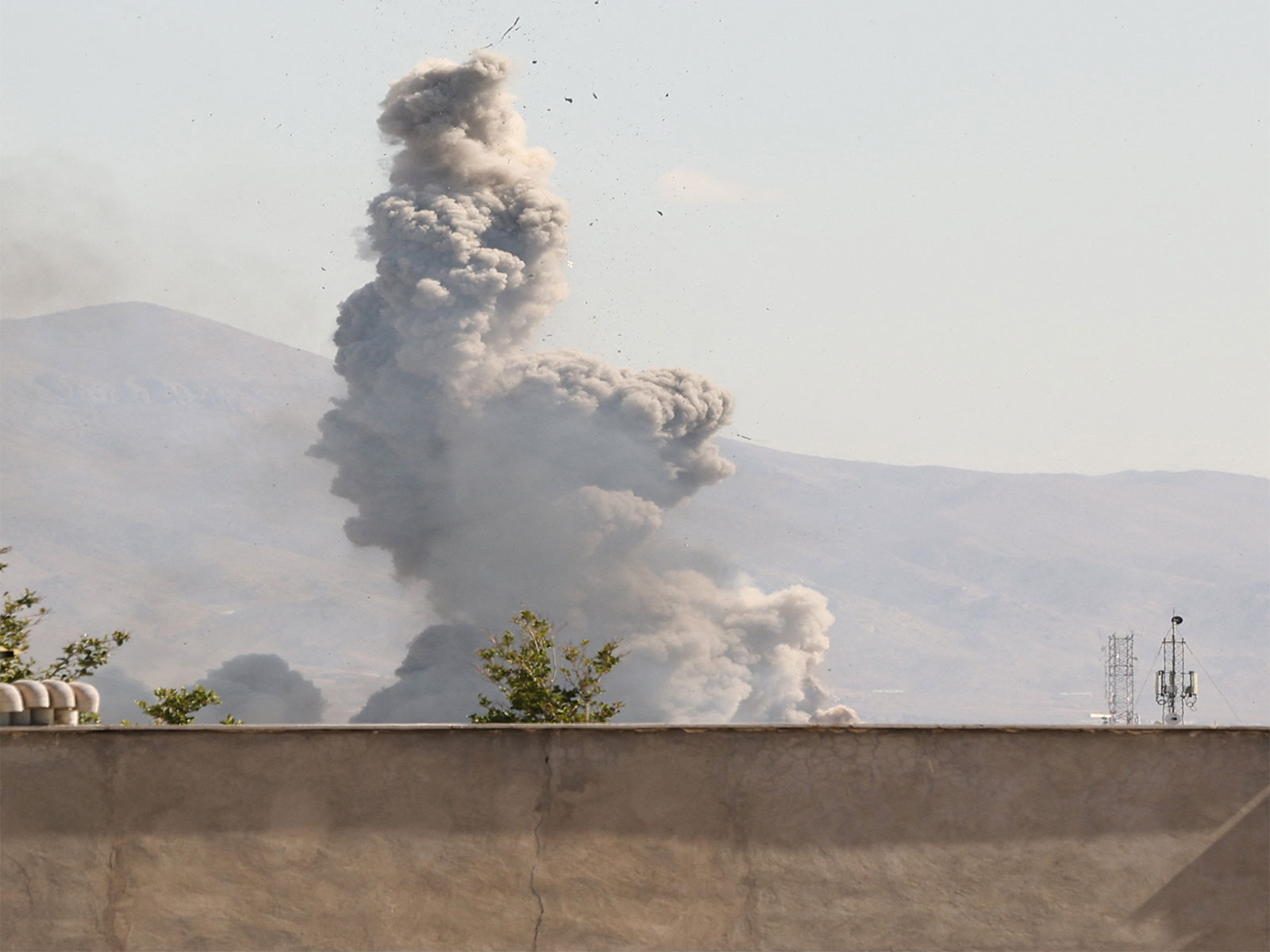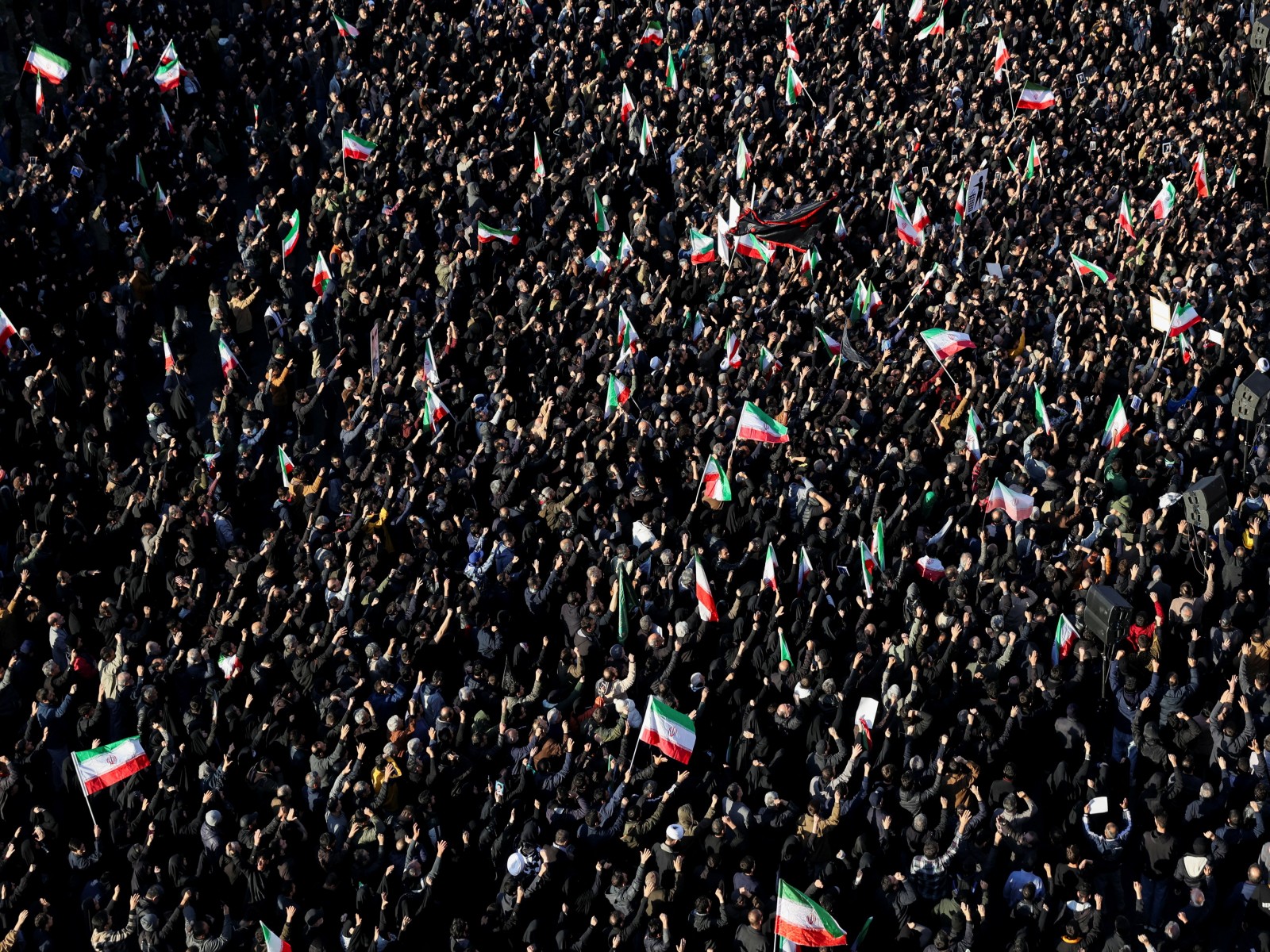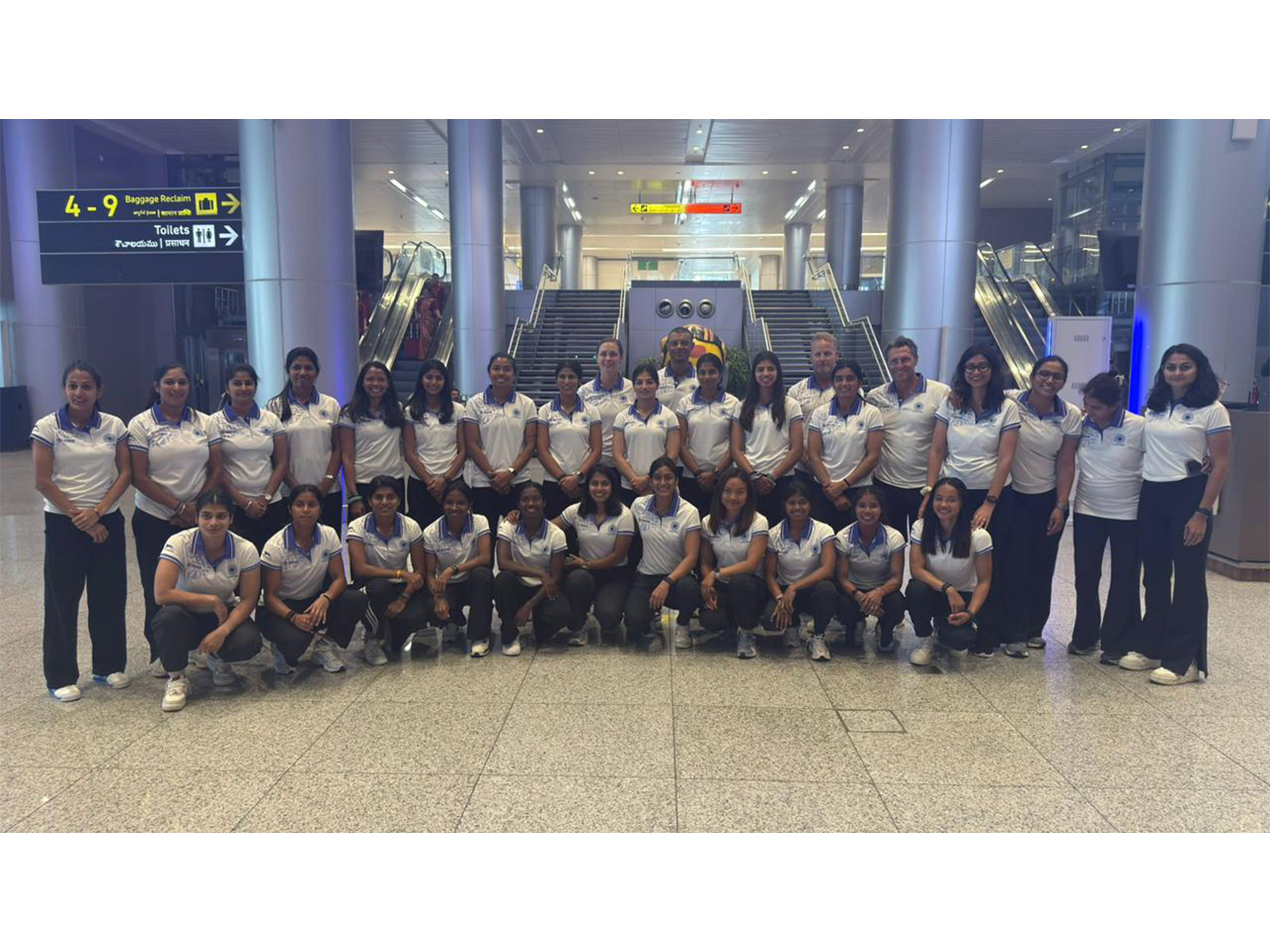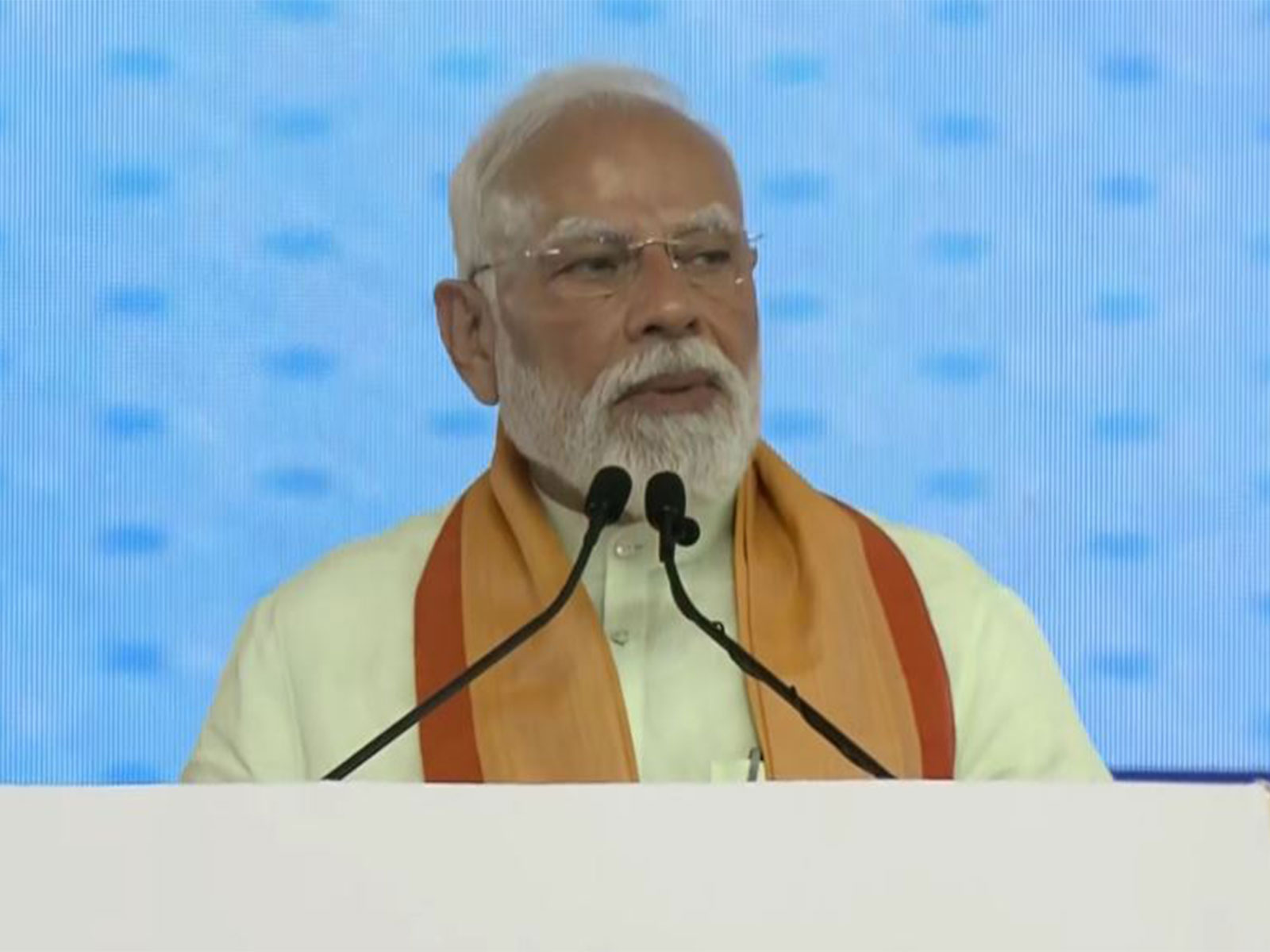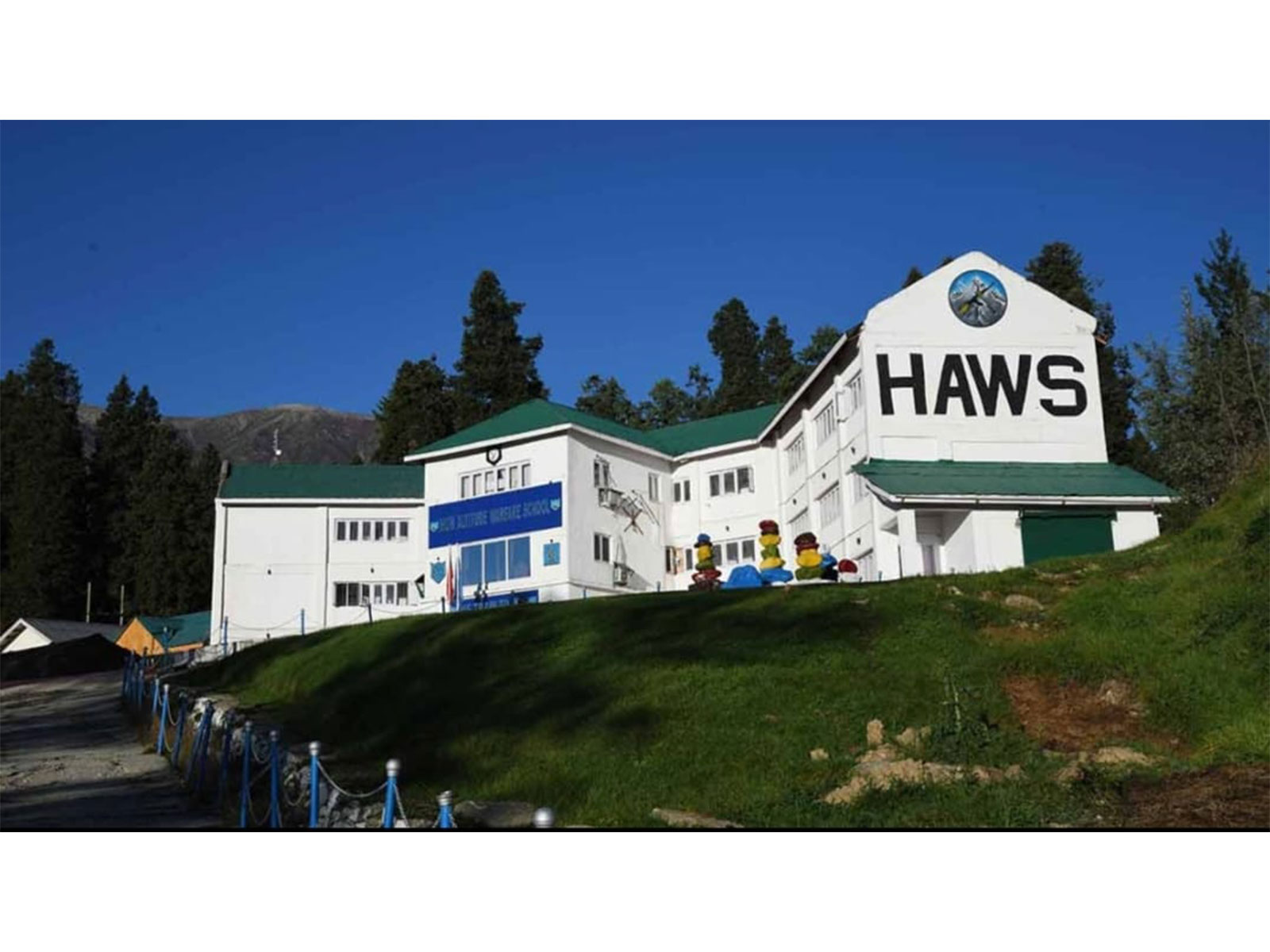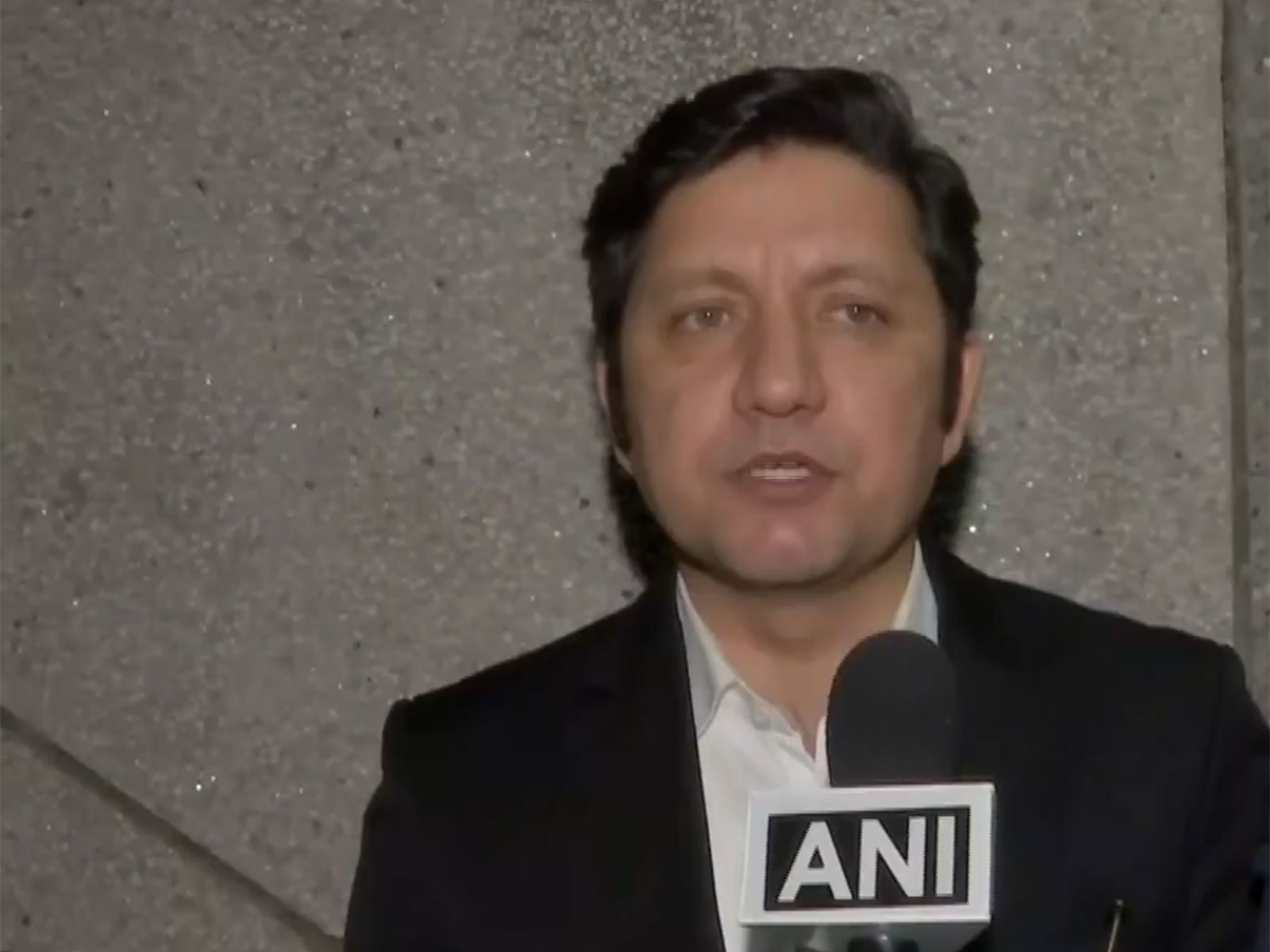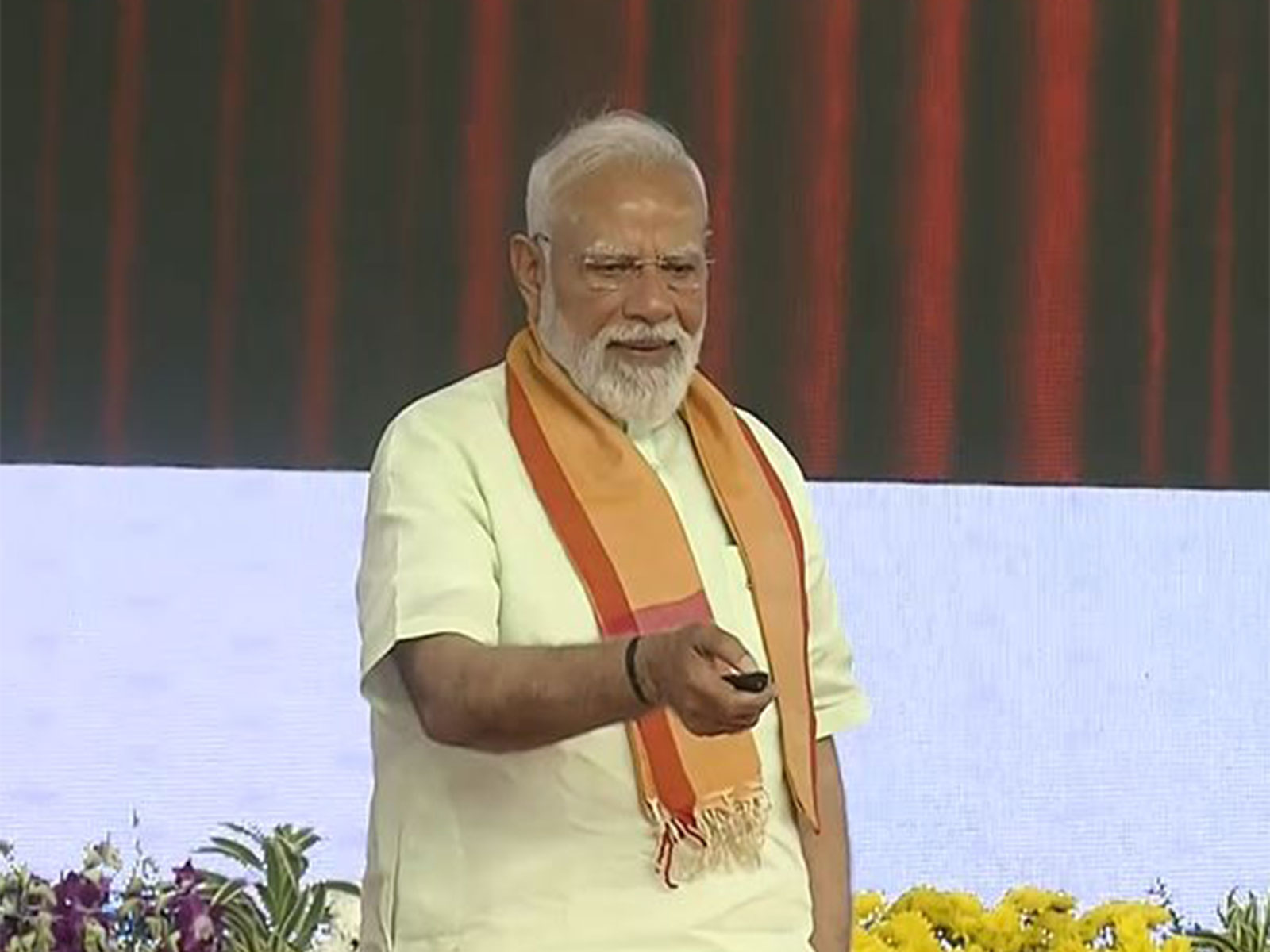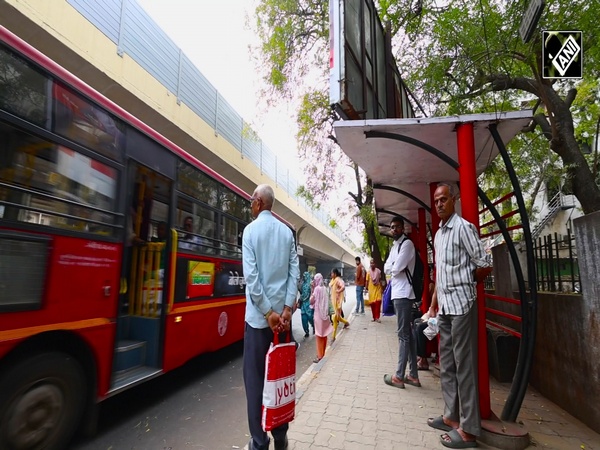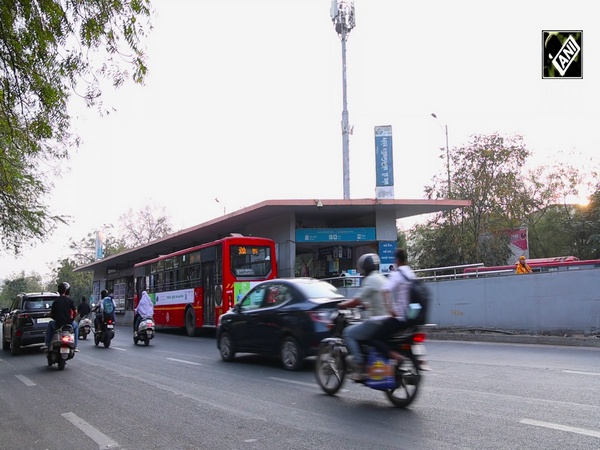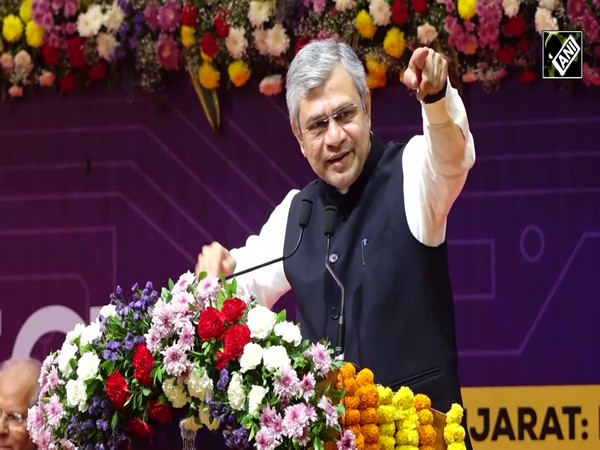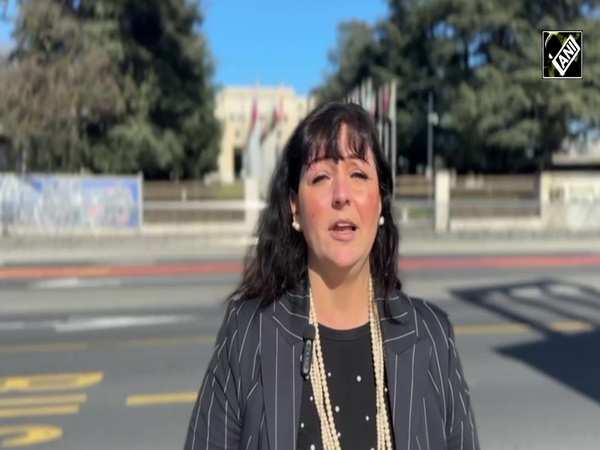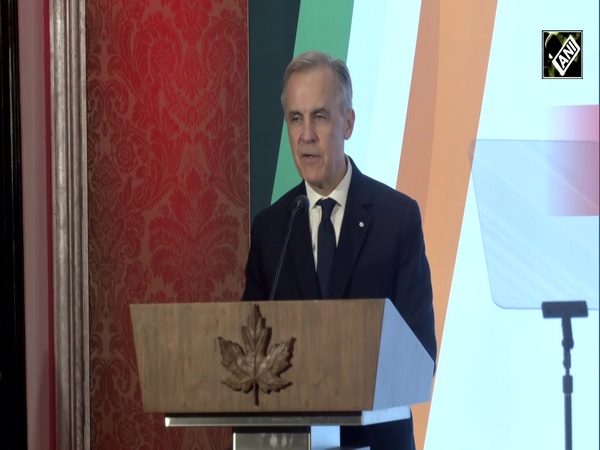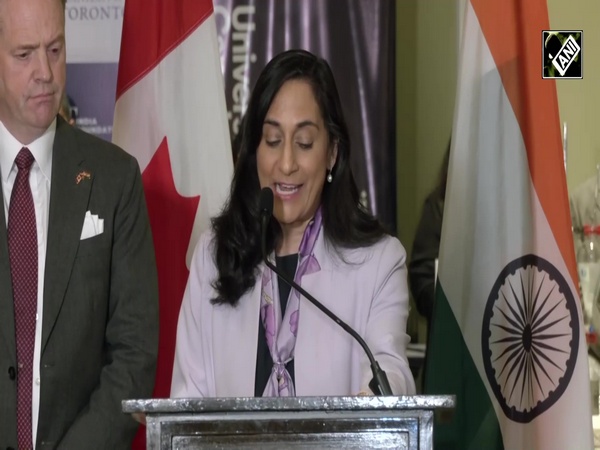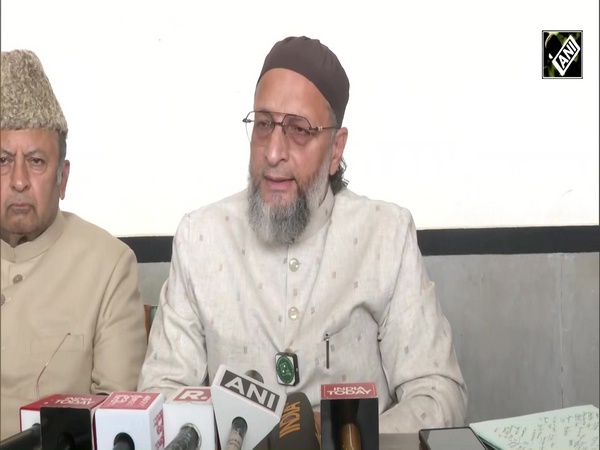Taliban tightens grip on book stores, publishing houses in Afghanistan: Report
Jan 16, 2024

Kabul [Afghanistan], January 16 : The Taliban is tightening its grip on books in Kabul. They have visited bookstores with a list of banned books, seizing works by Afghan authors, Khaama Press reported.
A politician and researcher Mujib Rahman Rahimi had his works confiscated by the Taliban during their recent attack on publishing houses and bookstores in Kabul.
He stated on his official Facebook page, "The Taliban do not realise that in the age of the internet, the information revolution, and the decline of the control and authority of governments and oppressive systems over information, publications, books, scientific articles, etc., they cannot stop information dissemination and book publication."
Before being a spokesperson for Abdullah Abdullah, the head of Afghanistan's High Council for National Reconciliation, Mujib Rahimi was known as the author of books such as "A Critique of the Structure of the Afghan System," "State Formation in Afghanistan: A Theoretical and Political History," and other works.
Last week, Taliban security forces forcefully detained an employee of the Vajeh Publishing House and Bookstore.
The head of publications at Vajeh Publishing Qasim Farzam reported that the Taliban violently apprehended one of their colleagues.
Meanwhile, reports state that Taliban members severely beat Naser Maqsoudi, the head of Maqsoudi Publications, on Thursday due to his opposition to collecting and confiscating books.
It also mentioned that Taliban members stormed the National Market bookstores in Pul-e-Sokhta and took away numerous books.
The Taliban's Ministry of Higher Education had previously ordered the collection of non-religious books and those influencing people's beliefs from university libraries, as per Khaama Press.
Book publishers said that all publishers and booksellers were required to register all the details of their publications and bookstores on forms provided by the Taliban intelligence department, and after being stamped and signed, deliver them to the Taliban intelligence office.
These incidents underline the ongoing challenges and restrictions facing publishing and education in Taliban-controlled Afghanistan, raising concerns about freedom of expression and access to knowledge, as per Khaama Press.
